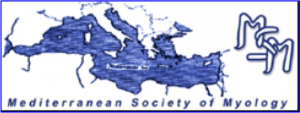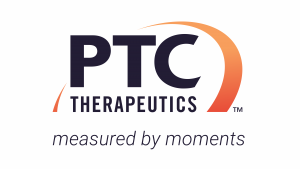Objective. Mitofusin 2 (MFN2) is a mitochondrial outer membrane protein that serves primarily as a mitochondrial fusion protein but has additional functions including the tethering of mitochondrial-endoplasmic reticulum membranes, movement of mitochondria along axons, and control of the quality of mitochondria. Intriguingly, MFN2 has been referred to play a role in regulating cell proliferation in several cell types such that it acts as a tumour suppressor role in some forms of cancer. Previously, we found that fibroblasts derived from a Charcot-Marie-Tooth disease type 2A (CMT2A) patient with a mutation in the GTPase domain of MFN2 exhibit increased proliferation and decreased autophagy.
Methods. Primary fibroblasts from a young patient affected by CMT2A harbouring c.650G > T/p.Cys217Phe mutation in the MFN2 gene were evaluated versus a healthy control to measure the proliferation rate by growth curves analysis and to assess the phosphorylation of protein kinase B (AKT) at Ser473 in response to different doses of torin1, a selective catalytic ATP-competitive mammalian target of rapamycin complex (mTOR) inhibitor, by immunoblot analysis.
Results. Herein, we demonstrated that the mammalian target of rapamycin complex 2 (mTORC2) is highly activated in the CMT2AMFN2 fibroblasts to promote cell growth via the AKT(Ser473) phosphorylation-mediated signalling. We report that torin1 restores CMT2AMFN2 fibroblasts’ growth rate in a dose-dependent manner by decreasing AKT(Ser473) phosphorylation.
Conclusions. Overall, our study provides evidence for mTORC2, as a novel molecular target that lies upstream of AKT to restore the cell proliferation rate in CMT2A fibroblasts.






